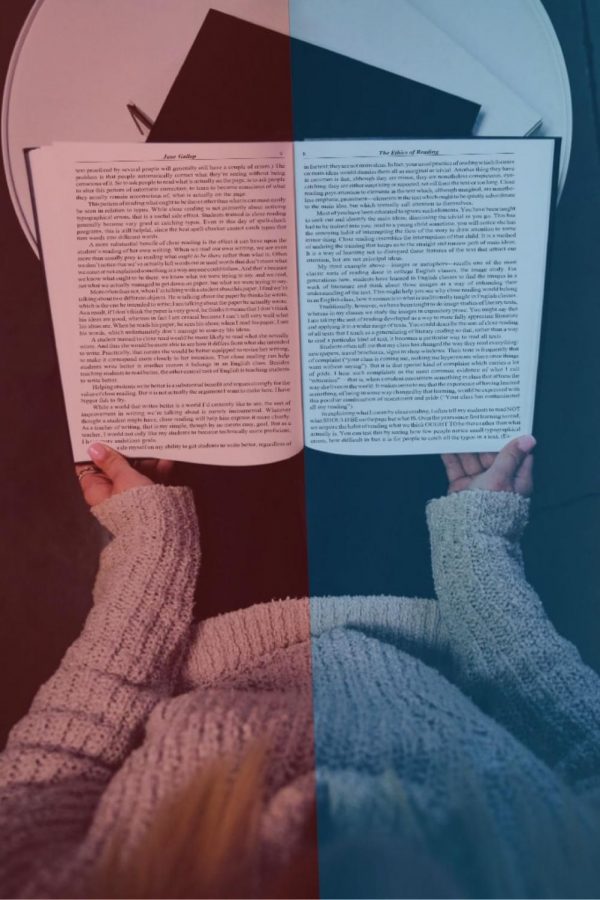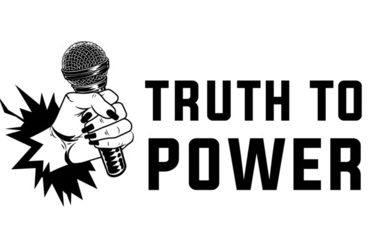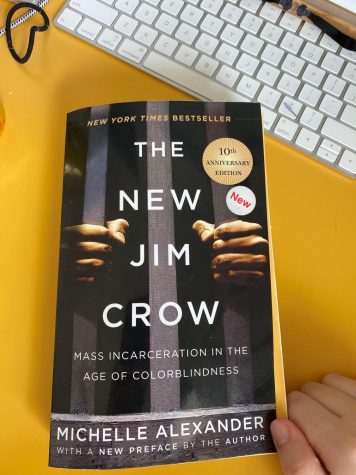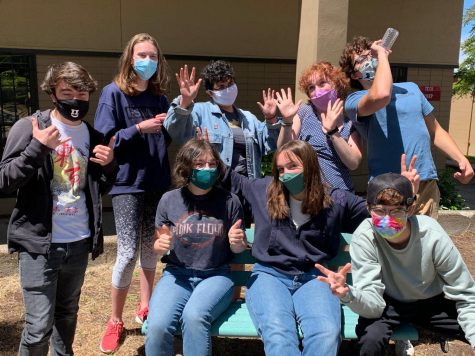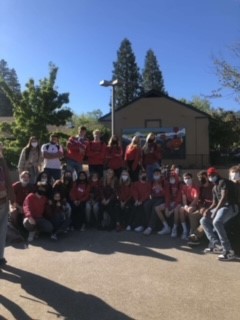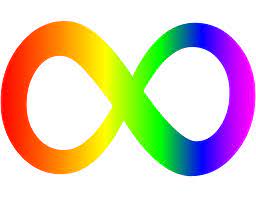My Mom Married a Republican
The Ethics of Reading Between the Political Lines
I’m scrolling through my snapchat stories a day after the first presidential debate with Biden and Trump. Most, if not all of my friends, are posting photos that say If you like or support Trump, unfollow me. I sat in front of my phone wide-eyed. I understood their point of view, I’ve seen clips of Trump’s character and read of the despicable things he’s done. But then my conservative step dad walks through the door, and I’m reminded it’s more complicated than that.
Here’s a man who agrees with Trump’s policies, and he’s an incredibly kind human being, but nothing like the kind of person that the media makes Trump supporters look like. I’ve spent the last few years trying to understand the divide in our country and why it exists; I’ve been aching to understand why the culture of our society hops on the bandwagon of a certain side and disses anyone on the other, when there could be validity to both. I felt discouraged, until I was assigned to read Jane Gallop’s Ethics of Reading for AP literature.
Jane Gallop explained a technique she found quite useful in all of the English classes she taught, that she referred to as “close reading.” She explained that close reading was looking at what is actually on the page, rather than trying to find the overarching theme or performing broad literary analysis, which is what most English teachers teach. To be honest, I thought close reading sounded quite boring at first. I thought, who just wants to focus on the words the author is writing? Which sounds sort of silly in retrospect, because then she blew my mind.
Gallop explains that, “when we close read we zero in on the details but we do not immediately fit those details into our idea of the whole book. Instead we try to understand the details themselves as much as possible, to derive as much meaning as we can from them.” And as she continues she articulates, “…by concentrating on the details, we disrupt our projection; we are forced to see what is really there.” Gallop teaches that close reading doesn’t just apply to reading a book, or becoming a more self aware writer, but by close reading we listen more. Close reading can be used in conversations, and in the way we see the world.
After the jarring aftermath of the presidential debate, and witnessing all of my social media accounts being flooded with my friends condemning, disowning and silencing those that were not a part of their political ideology, something didn’t sit right. I remembered what Gallop had mentioned about listening. As she so eloquently states, “I believe it is ethical to respect other people, by which I mean: listen to them, try and understand what they are actually saying, rather than just confirming our preconceptions about them, our prejudices. I believe it is our ethical obligation to fight against our tendency to project our preconceptions, that it is our ethical duty to attempt to hear what someone else is really saying.” But all we do now is make preconceptions about opposing political parties, people and stories that we read because the easiest action to take when confronted with a different opinion is projection. It takes energy and courage to reflect rather than to get angry at someone. I’ve found, in my culture of young people with access to social media, that we are all easily swayed into believing something because someone else deemed it to be true. There is beauty in this trend in that, we can band together with like-minded people and fight what we consider to be injustices and create solutions. The downside though is that we get so hell bent on our perspective (and confirming it) that we do not ever think to consider or listen to the opposing point of view. Jane Gallop’s close reading method, I think, is dying art; a form of critical thinking that is so deficient in our culture, it may now be at root of our cultural divisiveness.
The tricky thing is, and what I have been internally battling, is I understand where the bias stems from that we all have. My mom grew up going to protests, laying her body out in the streets, in a politically active liberal family. Her dad, and my grandpa, hardwired our brains to a biased view of Republicans. That they were the beer-belching, big-truck-driving, greedy Americans; they were the racist, homophobic, country music, gun-toting folks that you run into in the backcountry.
But then, my mom married a Republican.
My mom and I sat back, bewildered by this man, who was nothing like what had been described by our elders. We got curious, asked him questions. There were arguments, we agreed and disagreed but ultimately what we found, we all want to solve the same things. We just have different ways of doing it. And if we’re being honest, we need both sides of the spectrum for this world to function. We need heart, generosity and inclusiveness while boundaries, judgment and protection are just as important.
The sinking feeling in my stomach when I talk to someone who doesn’t have the same values as I do is uncomfortable to say the least, but the discomfort produces something important. As Jane Gallop concludes, she divulges that we need “To hear a little better what our enemy or our beloved might actually be saying. To resist demonizing and idolizing, but instead to fight and love other humans.” I believe we can closely read as a society, and listen to each other. We don’t need to eliminate the bias we were raised with, but we must be open and listen long enough to hear what the other is actually saying.

